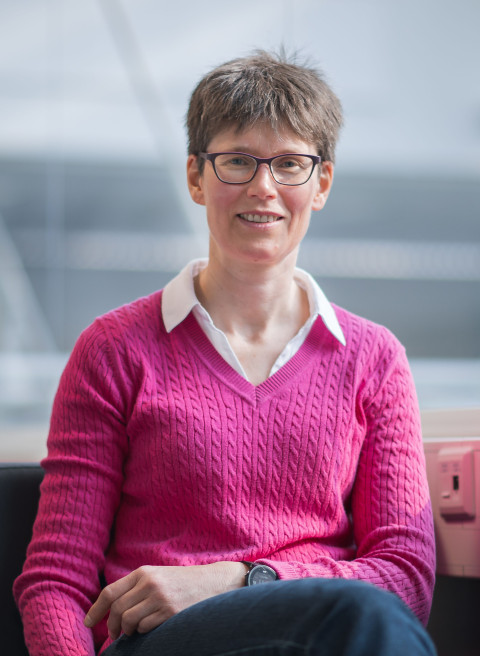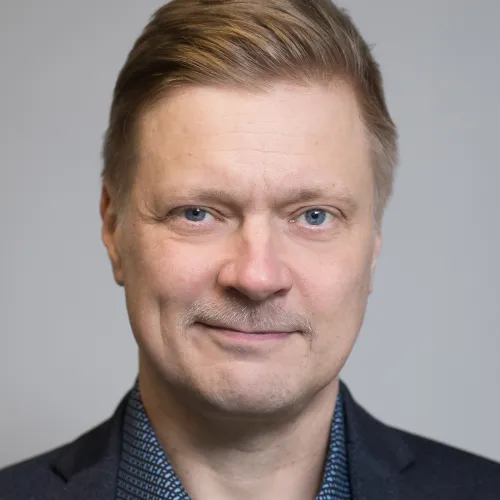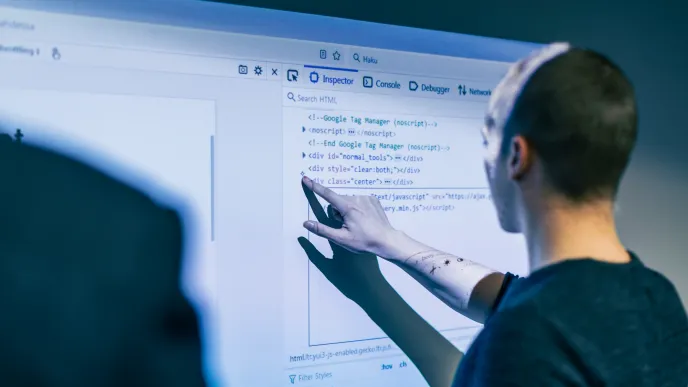After the COVID-19 pandemic, there has been no going back to in-office work exclusively; remote work is here to stay. Hybrid work – that is, a blend of remote and in-office work – is a new area that currently lacks research. A new study funded by the Finnish Work Environment Fund, LUT, and the Electric Mobility Research Center (EMRC) of LUT and Kempower aims to provide companies with data on what hybrid work practices they ought to favor.
”We want to study what arrangements affect satisfaction and productivity at work,” Maria Paasivaara outlines.
Paasivaara has previously researched agile methods in software development and globally distributed software development. The new research project she’s involved in was launched in May 2024. It draws from prior findings and responds to current needs of companies.
Post-pandemic hybrid work has been a hot topic because people aren’t necessarily willing to return to the office full time.
Employers are currently trying to determine how remote work affects long-term productivity, innovation and team building.
Pre-COVID, most software enterprises favored agile software development, which is based on efficient information exchange and working face to face in the same office space.
”Post-pandemic hybrid work has been a hot topic because people aren’t necessarily willing to return to the office full time,” Paasivaara relates.
One of the objectives of the study is to help software companies figure out how agile practices could be adapted to hybrid work.
Pilot companies introduce research results into practical work
The EMRC’s director Ville Naumanen states that software research is an essential part of the development of electric transportation.
”Electric transportation is strongly a software business. Maria’s work aims to increase efficiency in software development, which is one of Kempower’s core operations. The research topic is a good fit with the EMRC’s research themes,” Naumanen says.
Two companies operating in Finland were chosen as the objects of research, and also a third one will likely be included. Software development plays a key role in their operations. The two current companies in the study are the over 100-year-old Ericsson and Kempower, which has rigorously developed its operating practices throughout its six-year history.
”Our practices are still young, and the COVID-19 pandemic forced the company to invest in remote commissioning and cloud-based software,” says Mikko Kotola, head of cloud software and data at Kempower.
Kotola’s cloud software and data unit employs roughly 45 people of different nationalities. The unit is divided into five development teams and two summer trainee teams. All team members live in Finland, and the whole group meets face to face every six weeks.

Maria Paasivaara’s research project aims to uncover company operating practices through interviews, surveys and workshops where companies learn from each other. According to Kotola, Kempower’s first interview and observation round revealed no colossal surprises. Instead, the results confirmed his view of the company’s culture and operating practices.
”The actual work is usually something people can do from home on their computer, but for building trust and a corporate culture, face-to-face meetings are extremely important,” Kotola analyzes.
”When you need to come up with new ideas, presence at the office, chance encounters, and exchanging views are invaluable.”
The survey collects data from Nordic partners and from Italy, which provides an interesting contrast to Nordic practices.
Paasivaara believes that the new and topical research project is useful to a large number of software businesses globally even though it focuses on the development of Finnish company practices. The research results will help create a new scientific foundation for hybrid work research in fields other than software development.
Functional practices help tackle management challenges
From the perspective of Kempower’s everyday operation, Paasivaara’s research project is strongly linked to challenges involving management. The EMRC’s director Ville Naumanen illustrates the matter as follows:
“We need to develop technology to build a chain of operation that removes as many obstacles to electrification as possible. To develop this technology, we need software engineers and managers. Our research helps remove one obstacle – or at least helps lower it – and accelerates software development.”
Electric transportation is based greatly on data, data processing and different software services. Software and data development and research are turning into one of the cornerstones of the EMRC’s research. Naumanen reveals that Kempower recently landed a so-called leading company project from Business Finland. The project relates to heavy transportation research, and Naumanen points out that the EMRC is LUT’s gateway to that project.
”I urge researchers to think about how their research could facilitate the electrification of transport. The field is vast and multidisciplinary. We can run into surprising challenges that prevent the electrification of transport and the global green transition.”
More information:

Maria Paasivaara




